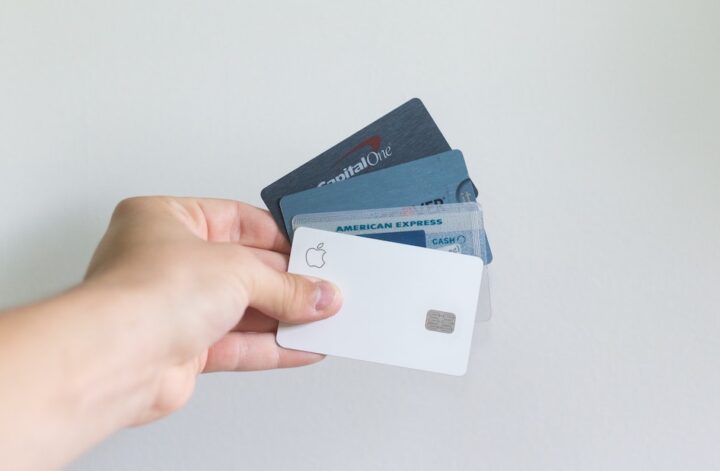You’ve probably heard of rewards credit cards, but you may be looking for a deeper understanding of how these cards function. When used with care, these cards can be a valuable personal finance tool. If you’re wondering what is a rewards credit card, here is what you need to know:
What is a rewards credit card?
You can use rewards credit cards like any other credit card that you might have in your wallet. You swipe them when you make an in-store purchase, and you can use your card to buy items online. In addition to allowing you to make a purchase, these credit cards also earn rewards.
How do you earn rewards with a rewards credit card?
When you make everyday purchases with a rewards credit card, you’ll earn rewards.
The rewards might be points, miles, or a percentage of cash back earnings. It depends on the card that you get. For example, an airline rewards card will likely earn miles, a cash back credit card might earn cash back, and another type of rewards card might earn points.
These rewards can be valuable. If you’re already using credit cards to spend money, you might as well earn rewards in the process.
How much can you earn?
The amount of rewards that you earn also varies, and it depends on how often you use your card to make purchases. Over time, the rewards that you earn will add up.
The card issuer will spell out how you earn rewards. You might earn 2 points for every $1 that you spend on travel with a travel card. But you might only earn 1 point for other purchases made with that same card.
If you choose to use multiple rewards cards, strategize which card you use for each purchase.
Here’s an example: If you have a rewards card that earns 4 points per $1 on restaurant purchases, you’ll want to use that card when dining out.
It wouldn’t make sense to use a different rewards card that only earns 1 point per $1.
Do rewards credit cards cost money?
Some rewards credit cards cost money. They may have an annual fee attached to them. That means you pay a yearly fee to use the card and take advantage of the card’s benefits.
But there are also rewards credit cards with no annual fees. If you’re new to rewards credit cards, you may want to start with a no annual fee rewards card. This way, you’re not spending money to earn rewards.
However, that doesn’t mean that rewards credit cards with annual fees are bad news. It may be worthwhile if you can afford a card with a yearly fee and the rewards and benefits outweigh the fee.
How can you redeem credit card rewards?
How you redeem your earnings will also depend on the type of credit card you have and the card issuer’s rewards program. The value of a reward point can also vary from card to card.
Many cash back rewards cards allow you to redeem your earned cash back for a statement credit, lowering your card balance.
Here’s an example: If you have a credit card balance of $50 and you redeem $25 in a statement credit, your remaining card balance will be $25.
Some cash back cards also let you redeem your cash back earnings in the form of a check or get your earnings deposited into your bank account. So while you won’t be handed physical cash, you’ll earn cash rewards.
You can earn other rewards, too
There are other ways to redeem credit card rewards. You may be able to use your point sand miles to book travel through your card issuer’s travel portal or online rewards center.
Some travel rewards cards also allow you to transfer your rewards points or miles to travel partners. This is often the best rewards redemption option for a travel card, as you can get some valuable redemptions.
It’s worth noting that when you redeem rewards for flights, you’ll usually have to pay taxes and fees. So, your flight may not be entirely free. We will do a deep dive into travel rewards cards in a future article.
What to consider before getting a rewards credit card
Before getting any new credit card, you’ll want first to consider your spending needs and financial situation to make sure getting a credit card is the right choice for you. You should always use a credit card with care and only charge what you can pay off in full.
You should also carefully review all of the details of each card and understand all of the terms. That way, you can make smart financial choices that positively impact your financial future. Remember, the decisions that you make affect your credit score.
This is a brief overview, and now you know more about how rewards credit cards work.
While there is no best rewards credit card for everyone, we’ll be sharing some recommended rewards cards soon.



